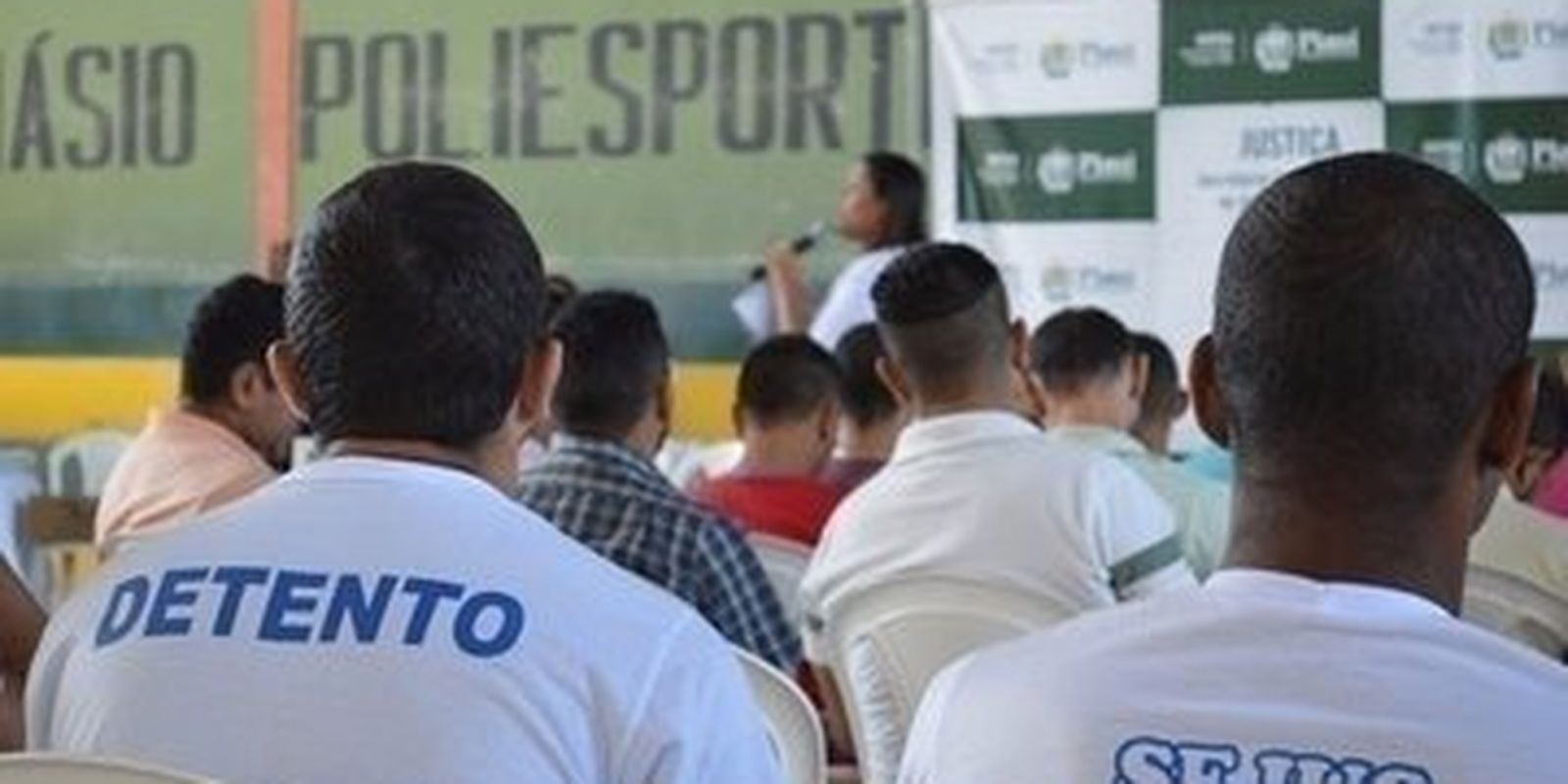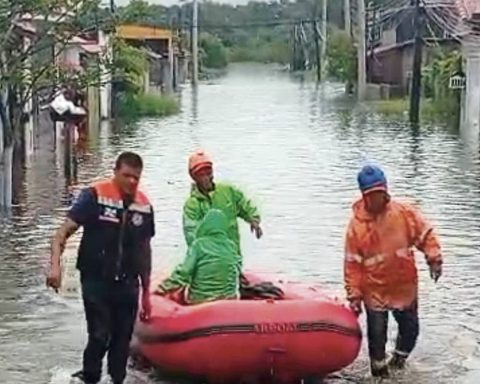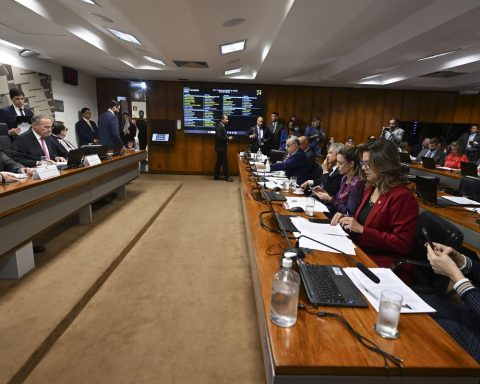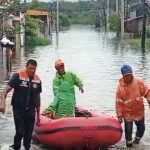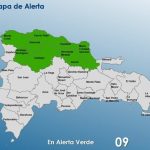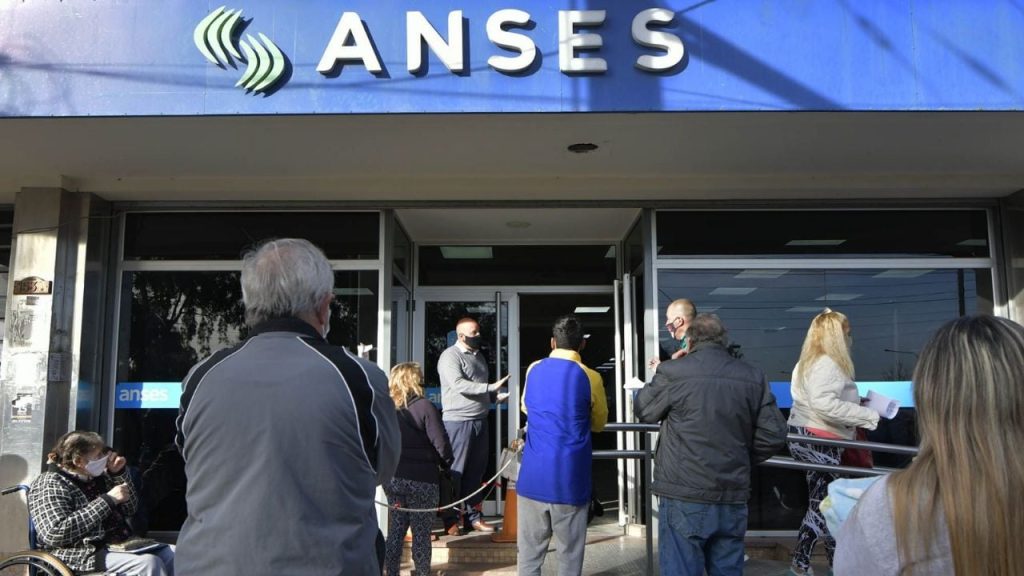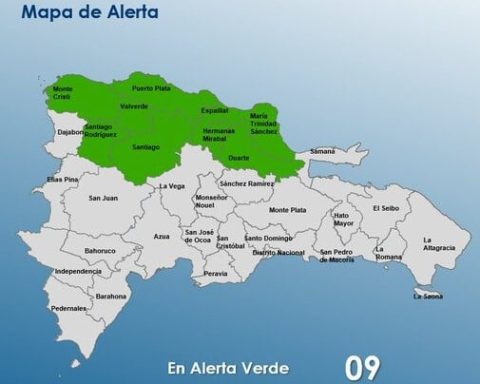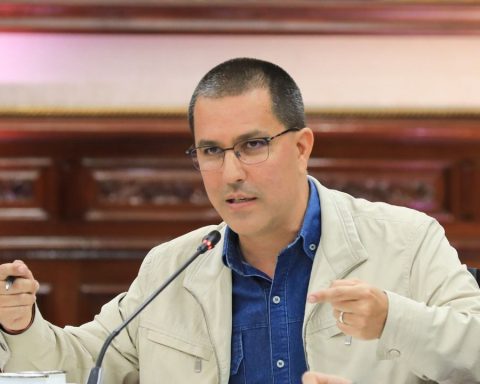Registration for the National Exam for Certification of Skills of Young People and Adults for People Deprived of Liberty or under socio-educational measures that include deprivation of liberty (Encceja PPL) 2024 is open from this Monday (22). The tests will be held on October 15 and 16.
Prison and socio-educational administration bodies must indicate, by August 2, the units that will administer the exam, as well as their pedagogical manager, who will be responsible for registering candidates, through the Encceja System. The deadline will be August 9th.
“At the time of registration, it will be necessary to indicate which tests the participant will take and, if applicable, request specialized assistance and treatment by social name. The indications must be formalized by official letter, confirming the institution’s adherence to the exam with the National Institute of Studies and Educational Research Anísio Teixeira. The document must be sent by emailwith the message subject “Encceja Nacional PPL 2024 Membership”, informed Inep.
The exam will have four objective tests, by level of education, in the following areas of knowledge: natural sciences and their technologies; mathematics and their technologies; languages, codes and their technologies, and writing; human sciences and their technologies.
Encceja
Encceja was created with the aim of helping young people and adults to get back on track with their education. Participation is voluntary, free and aimed at young people and adults who did not complete their studies at the appropriate age.
According to Inep, the tests assess skills, abilities and knowledge acquired in the school or extracurricular process. “The Education departments and federal institutes use the results as a parameter to certify participants at the level of completion of elementary and high school.
The exam is also used as a national reference for the assessment of young people and adults. It serves as a guide for the implementation of procedures and policies to improve the quality of education for young people and adults, in addition to enabling the development of studies and indicators on the Brazilian education system.
